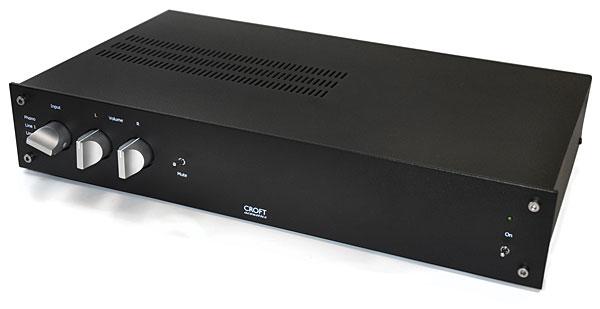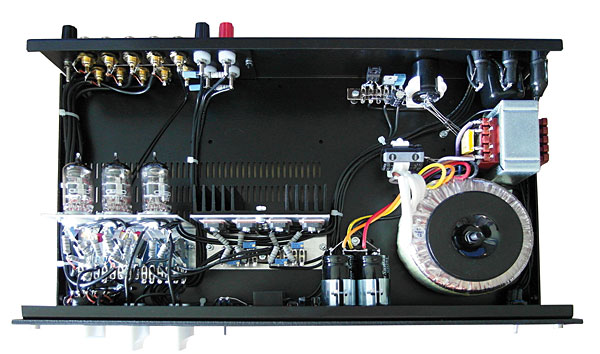Croft amplifier: Listening vs Measurements
I just saw a discussion elsewhere about the current Croft integrated amplifier which has been reviewed by Stereophile magazine, and I thought I'd see what you think about this. Personally, I love Croft equipment - genuinely so, and would almost definitely run it if I didn't use SS SECA amplifiers. Reading the Stereophile review I feel I can recognise my own views Glenn Croft's work as the writers eulogise.

The first review is emphatically positive, as you can see: Stereophile review by Art Dudley.
So much so that Stephen Mejias had some additional comment: Stereophile review by Stephen Mejias.
But, John Atkinson measured the response of the amplifier and found it apparently wanting, so much so he described it as 'inadequate'. Stereophile result by John Atkinson
Perhaps as a result of the disharmony here, the amplifier is further commented upon by Sam Tellig: Stereophile review by Sam Tellig

In all three cases of actually being listened to, the amplifier is found to be excellent and above reproach. It appears to compare favorably to much much more expensive equipment. These are not just good reviews, they read as endorsements to me (this is no surprise to me). I also take on board the reviews comment extensively on music and how it feels, which I like.
Yet the immutable fact is the amplifier measured poorly. Is it possible the measurements are wrong? Is it possible the measurements don't matter? Is it possible the arbiter of sound quality isn't being measured here? Is it possible the listeners are all wrong? Is it possible the reviewers have all succumbed to expectation bias? Is it possible the subjective review process is hopelessly flawed? Is it possible this is all rather amusing?
Yes.
I really don't think this can prove anything, one way or the other. As has often been said, we don't listen to test tones. I do wonder though, if the two sides to this coin can harmoniously coexist? Can the 'subjectivist' audiophile cope with beloved equipment being legitimately criticised, and say 'I see your point, it is not perfect yet I prefer it'? Or will he resort to saying measurements are useless? Can the 'objectivist' audiophile cope with everyone loving a flawed component, even allow himself to do the same, all the while knowing there is 'better' equipment out there that sounds 'worse'?
What do you think about these reviews & results?

Comments
So, basically I, as the end user, care only about how it sounds and am more likely to be led by the enthusiastic reviews of the sound than by the cold logical figures as they mean nothing to me at all as I said.
The interesting thing is that there is no comment from Atkinson on the way it sounds. Presumably, being the technical guy, he would also have some expectation bias - strongly negative in this case no doubt.
So I'm not sure the two sides have to co-exist as they serve two different functions.